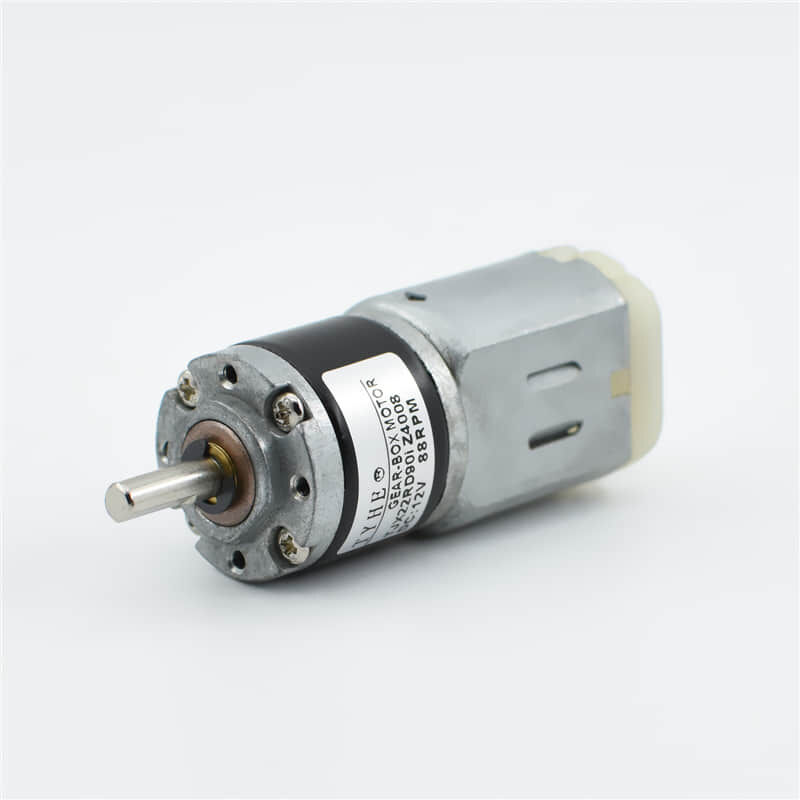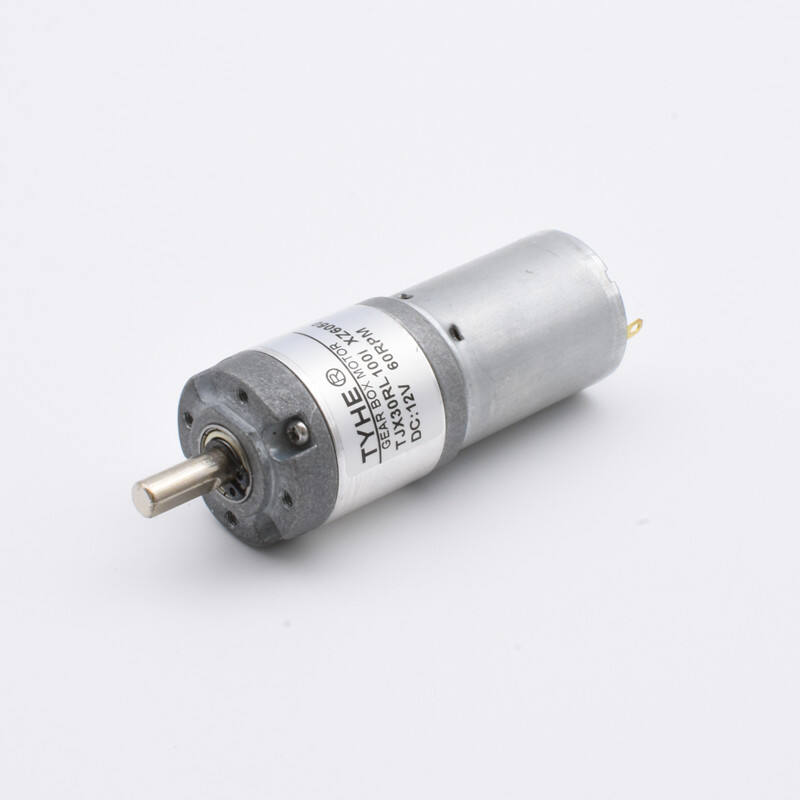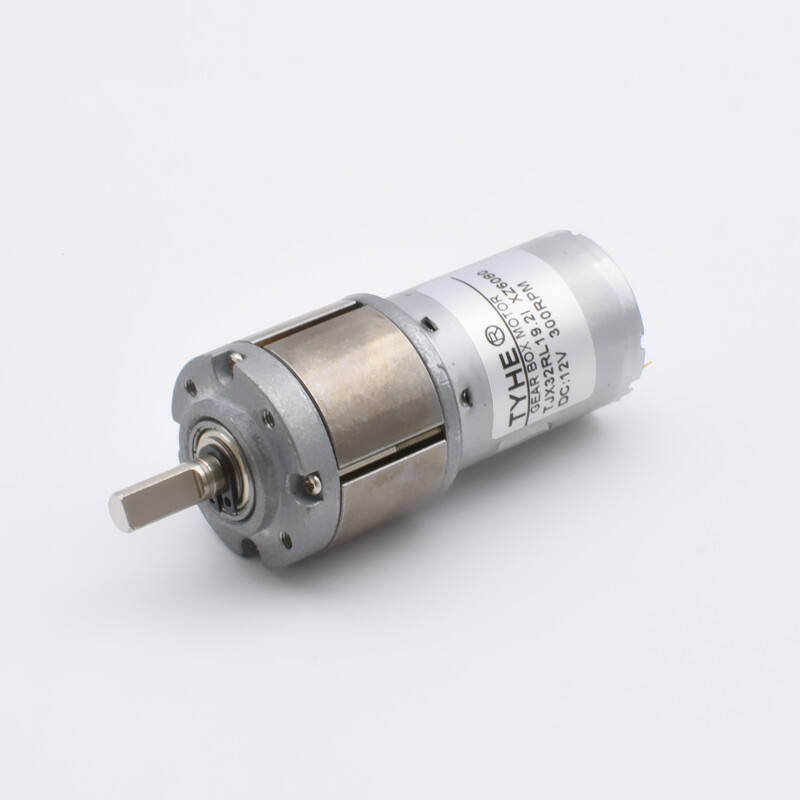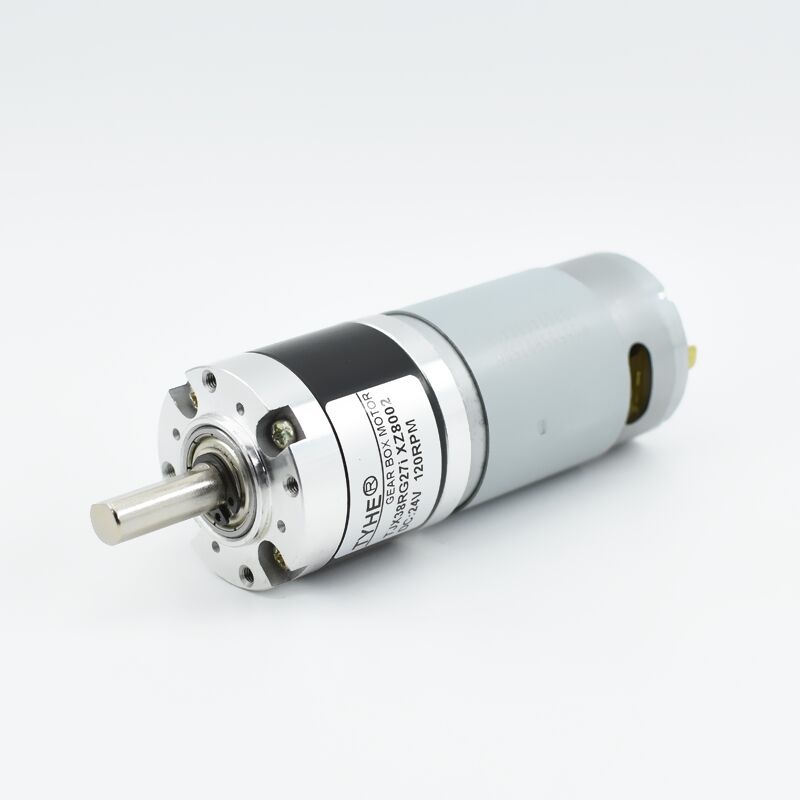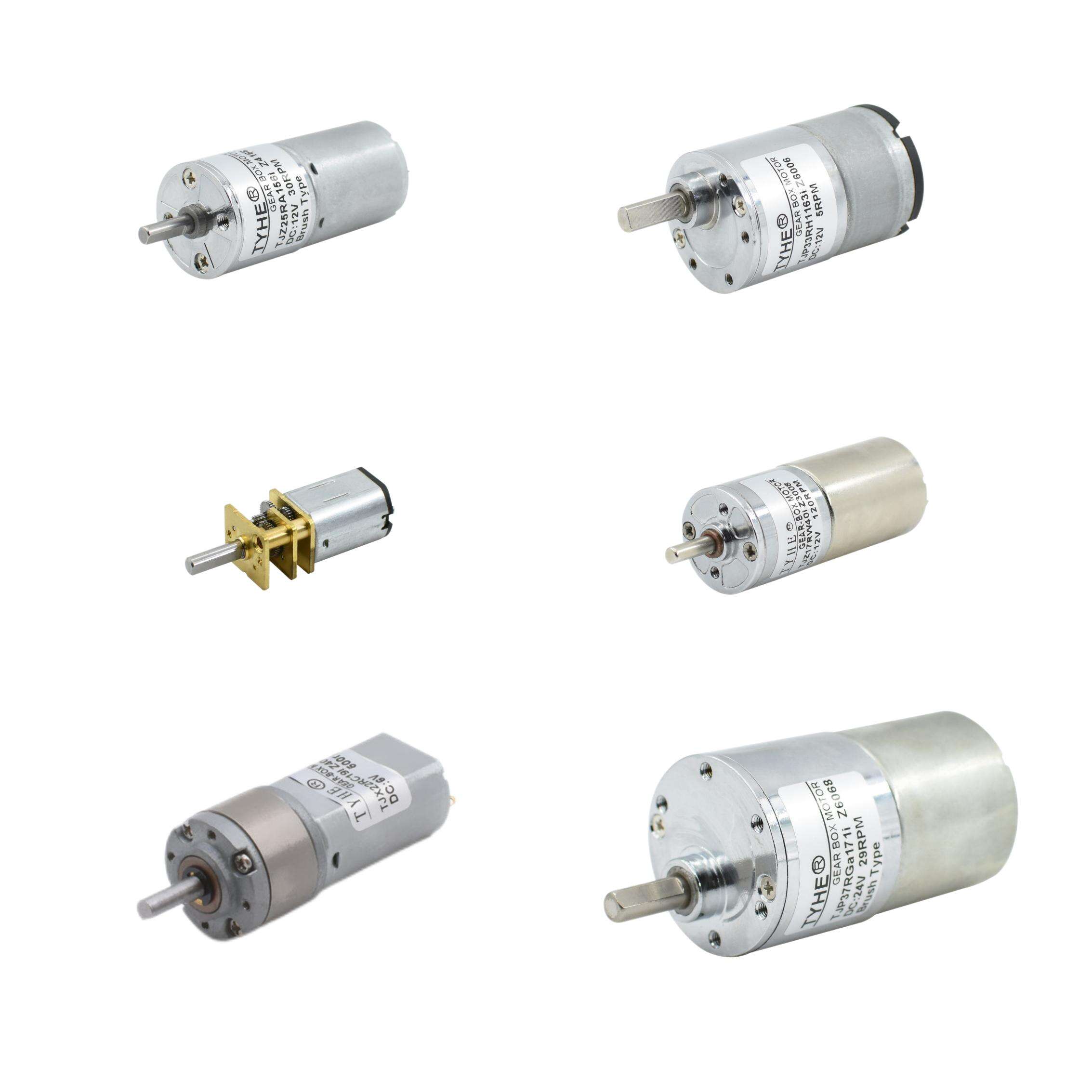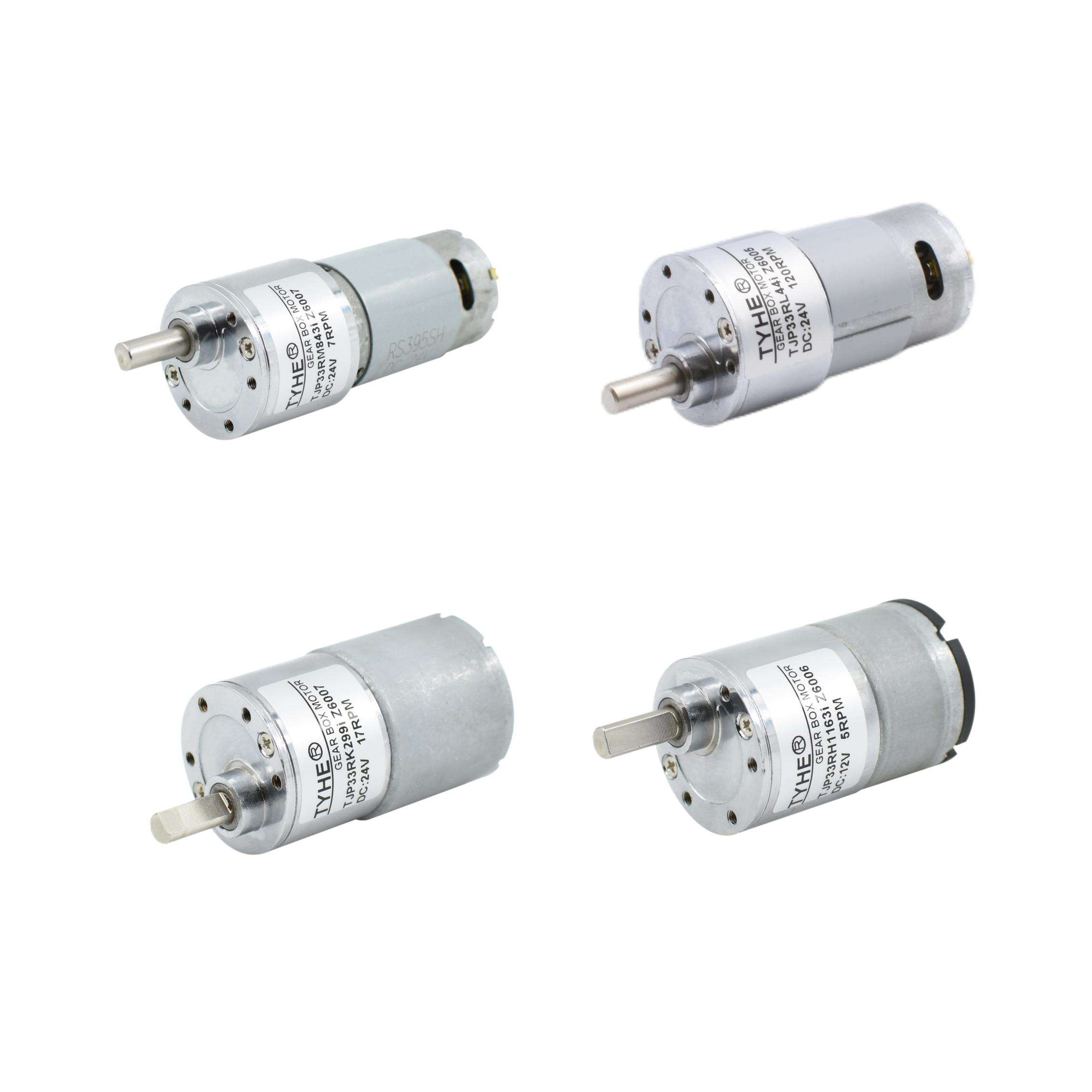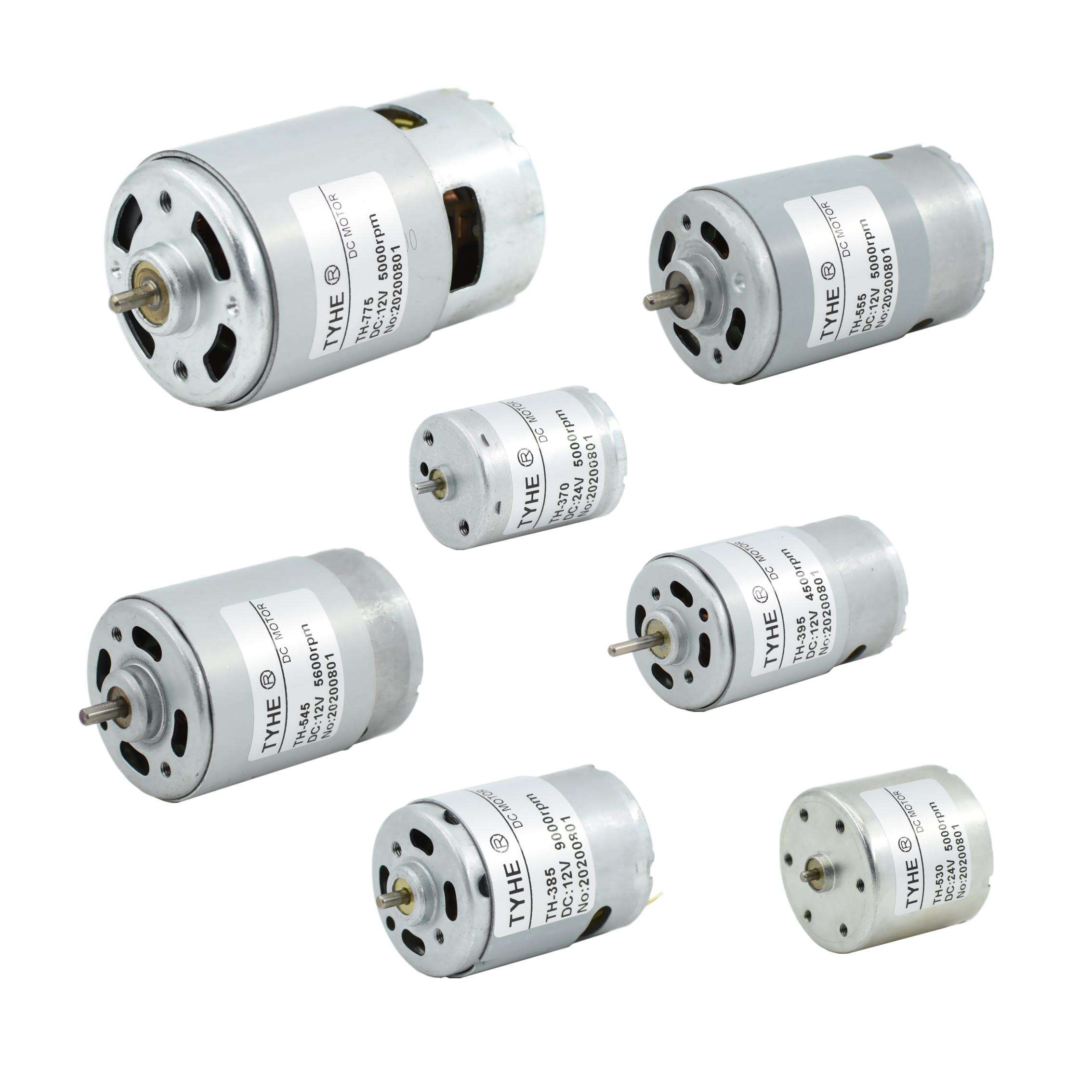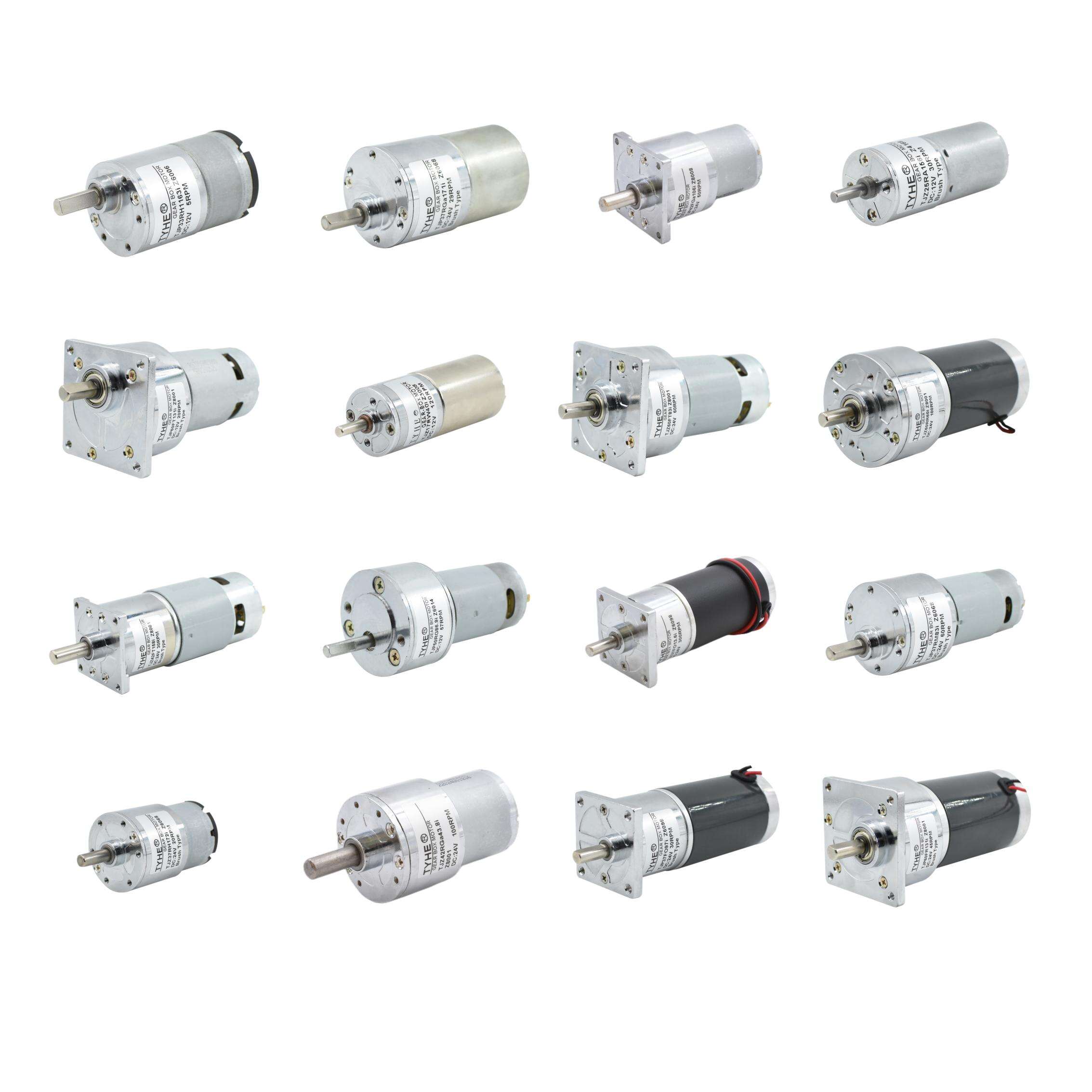small dc motor voltage
Small dc motor voltage represents a critical specification that determines the operational characteristics and performance parameters of compact direct current motors. These motors typically operate within voltage ranges from 1.5V to 48V, with common configurations including 3V, 6V, 12V, 24V, and 48V systems. The small dc motor voltage directly influences torque output, rotational speed, power consumption, and overall efficiency of the motor system. Understanding the relationship between small dc motor voltage and performance is essential for selecting the appropriate motor for specific applications. Lower voltage motors, such as 3V and 6V units, are ideal for battery-powered devices and portable electronics where energy conservation is paramount. Medium voltage motors operating at 12V and 24V provide balanced performance for automotive applications, robotics, and industrial automation systems. Higher voltage configurations like 48V motors deliver increased power density and efficiency for demanding applications requiring substantial torque and speed control. The technological features of small dc motor voltage systems include precise voltage regulation circuits, built-in protection mechanisms against overvoltage conditions, and compatibility with various power supply configurations. Modern small dc motor voltage designs incorporate advanced materials and manufacturing techniques to minimize voltage drops and maximize energy conversion efficiency. These motors feature permanent magnet construction, precision-wound armatures, and optimized commutation systems that work harmoniously with specific voltage inputs. Temperature compensation circuits ensure stable performance across varying environmental conditions, while integrated feedback systems enable precise speed and position control. Applications for small dc motor voltage systems span numerous industries including automotive, aerospace, medical devices, consumer electronics, and industrial automation. In automotive applications, these motors power window regulators, seat adjusters, and cooling fans. Medical devices utilize small dc motor voltage systems for precision pumps, surgical instruments, and diagnostic equipment. Consumer electronics incorporate these motors in cameras, printers, and household appliances where reliable, quiet operation is essential for user satisfaction and product longevity.

